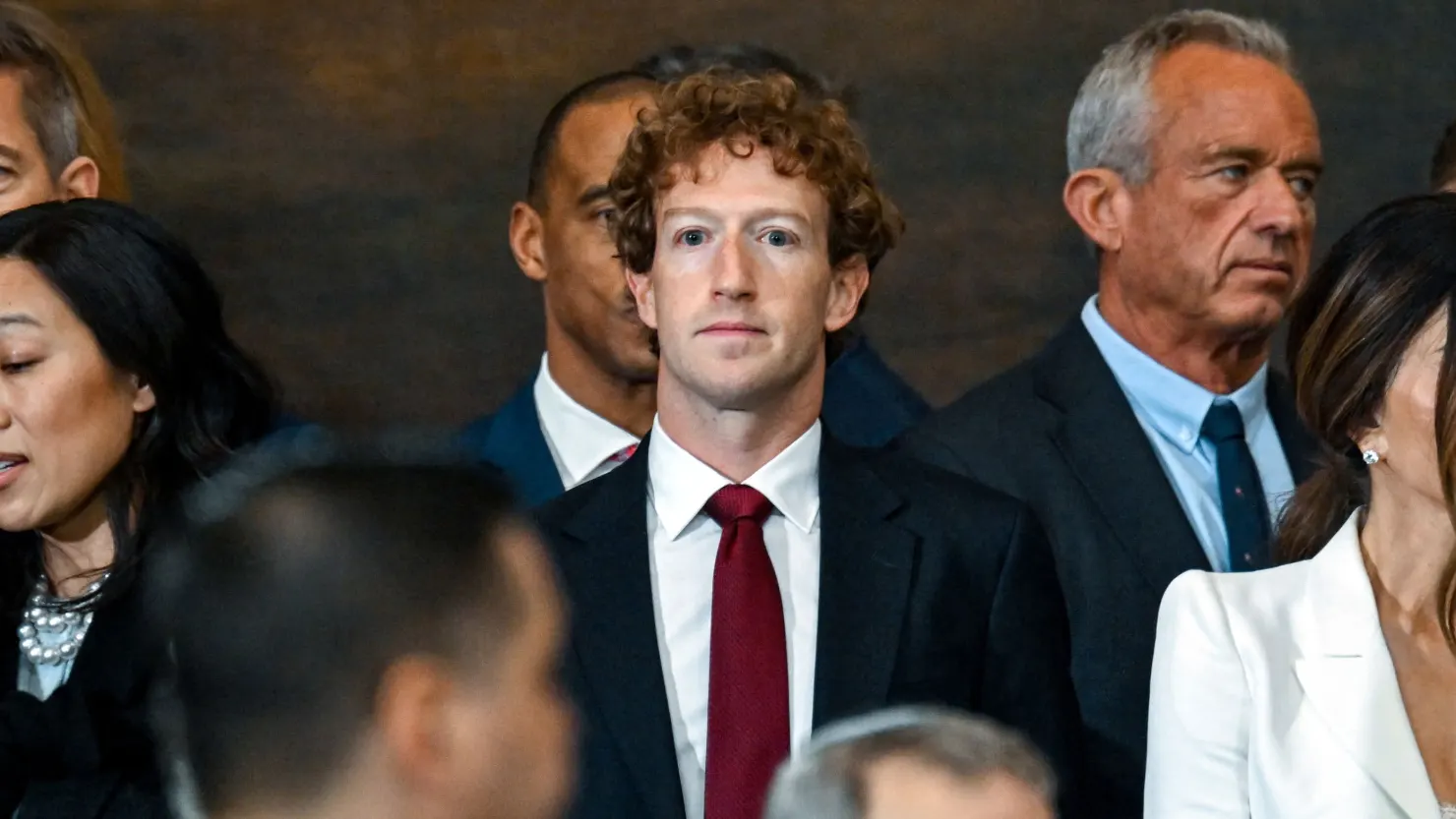The digital advertising market had a strong performance this past quarter, providing a potential final surge before a challenging economic climate, driven by President Donald Trump’s tariffs. Wall Street responded positively to first-quarter results from tech giants such as Meta and Alphabet, with both companies exceeding revenue and earnings expectations, leading to a rise in their stock prices. These solid results indicated that businesses were still keen to invest in promoting their products and services online despite broader economic concerns.
Amazon’s growing online advertising segment also surpassed analyst projections, with first-quarter ad sales jumping 19% year-over-year, outperforming Meta’s and Google’s advertising growth, which stood at 16% and 9%, respectively. Smaller social media platforms and ad firms such as Reddit, Snap, and Pinterest also reported stronger-than-expected sales in the first quarter, as did advertising technology companies like AppLovin and The Trade Desk. AppLovin’s shares surged by nearly 15% after it announced exceeding earnings expectations and a plan to sell its mobile gaming business. The Trade Desk saw its shares increase by 18% after it posted positive earnings.
However, executives expressed caution when discussing future prospects, citing concerns over the rest of the year. Meta’s Chief Financial Officer noted that advertisers from Asia, particularly e-commerce exporters like Temu and Shein, were reducing their digital advertising spending, largely due to changes in trade regulations. Similarly, Alphabet and Pinterest executives highlighted concerns about slowing ad sales in Asia and broader macroeconomic uncertainties affecting the remainder of the year. Snap even withdrew its second-quarter guidance due to the unpredictable economic conditions that may lead to shrinking corporate ad budgets.
The digital advertising landscape appears to be at a crossroads, with several companies, including major auto brands and toy manufacturers, lowering or suspending their 2025 sales forecasts. Industry analysts suggest that the current strong numbers may represent the peak, with a slowdown expected as the year progresses. Consumer goods companies, which contribute significantly to social media advertising, have warned of weakening sales, which could have a ripple effect on the digital ad market. Smaller platforms may be more vulnerable to this decline in spending, as advertisers typically favor larger platforms that provide more scale and reliable returns on investment during economic uncertainty.
This shifting landscape poses challenges even for major tech firms like Meta, as the market adapts to changing economic conditions, including rising tariffs and supply chain issues.
READ MORE:
